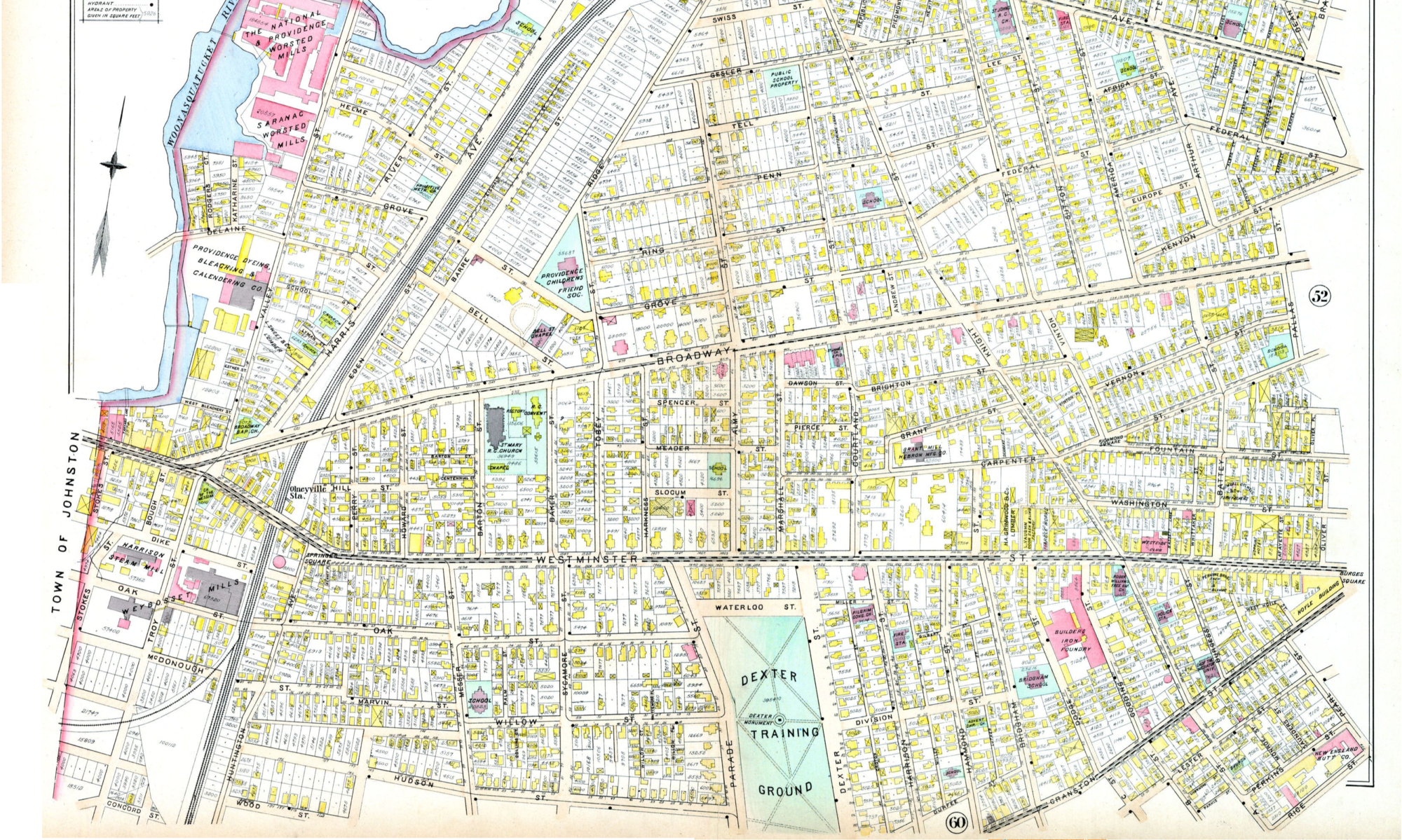I looked up “home” in Merriam-Webster. Here is what I found:
- one’s place of residence, domicile
- the social unit formed by a family living together
- a familiar or usual setting, congenial environment; also, the focus of one’s domestic attention
- a place of origin
This came to mind because on the bus earlier today I was watching Garden State with my girlfriend Nicole, and Zach Braff’s character says:
You know that point in your life when you realize the house you grew up in isn’t really your home anymore? All of a sudden, even though you have some place where you put your shit, that idea of home is gone. One day it just sort of happens and it’s gone. You feel like you can never get it back. It’s like you feel homesick for a place that doesn’t even exist. Maybe it’s like this rite of passage, you know? You won’t ever have this feeling again until you create a new idea of home for yourself, you know, for your kids, for the family you start, it’s like a cycle or something. I don’t know, but I miss the idea of it, you know. Maybe that’s all family really is. A group of people that miss the same imaginary place.
That struck a chord with both Nicole and I. She is about to graduate college and go to work all summer on a boat (which is in some ways a home and in some ways not), after which she plans to move to Boston with me. Also, just after we watched this segment of the movie, she got a call from her parents who were packing up her room at her dad’s house, because he’s moving. It was moving for me because I am traveling for most of 2010, without a regular home to go back to. Until recently, the house in Amherst that I grew up in was my home, and Connecticut College was home for a short time too. But I graduated college, so that stopped being home. And when I’m done with my big cross-country trip, I will abruptly move to Boston, and that will be my home. It’s very turbulent when you feel like you don’t have a home.
But the dictionary definition provides some solace, echoed by some cheesy and some not-so-cheesy thoughts I’ve had. Definitions 2 and 3 reflect one feeling I’ve had about home recently: that home for me is wherever Nicole is. But that doesn’t capture the full meaning of “home”. That meaning is fleshed out in definition 4, which assures me that Amherst is still my home (and 2 and 3 say that as well). Definition 3, further, imparts a label of “home” upon any familiar place. So Amherst is still my home, as is Connecticut College, as is Camberville, as are all the places I’ve been enough to breed familiarity.
So, while it can indeed be sad realizing that the place that was once undeniably your home is now not as fully your home, this plurality is comforting in a way. It’s comforting because the more places you can call home, the more places you are excited about arriving at. And that’s a good thing. What are your thoughts about the concept of “home”?









